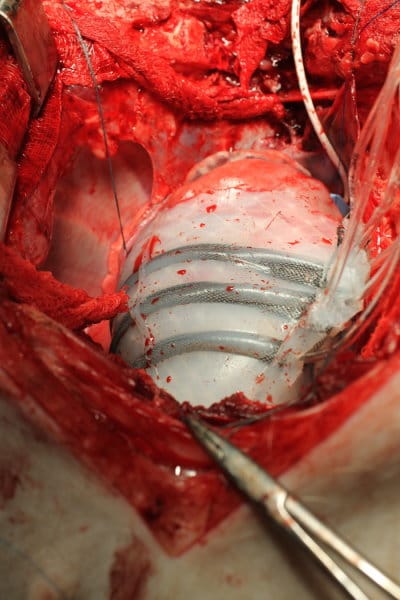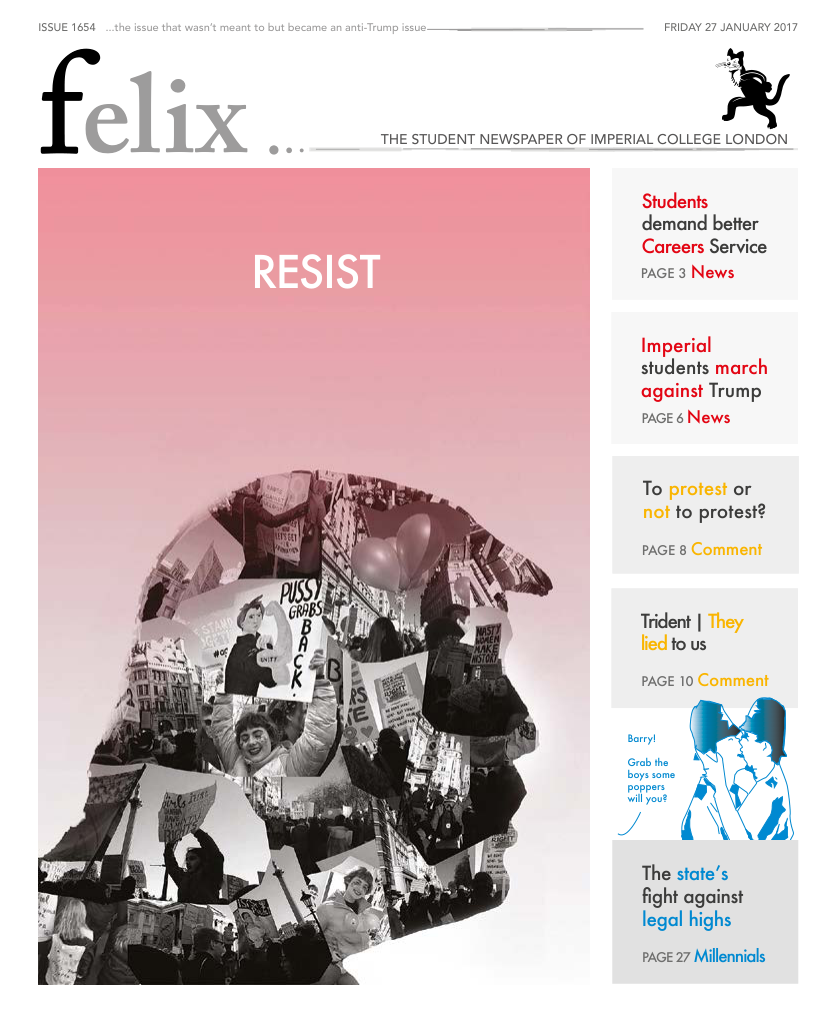Wearing your heart in your sleeve
Lizzie Riach gives an overview of new robotic technology designed to help keep the heart beating after heart failure

A so-called ‘soft robot’ has been invented to help keep the human heart beating. Developed by researchers from Harvard University and Boston Children’s Hospital, the robot fits around the heart and helps it pump blood. This could mean a significantly higher quality of life for people that have survived heart attacks but suffer from heart failure, a growing population in this day and age. The robot itself does not come into direct contact with the blood, reducing potential risks such as blood clotting. Instead, the heart is encased in a sleeve which mimics the outer layers of cardiovascular tissue, allowing the material to act in a similar way to the heart within it. Around 41 million people suffer from heart failure worldwide, which is termed as ‘the inability to pump sufficient blood to the body’. Up until now, the only option for people with severe cases has been heart transplants, but donors are thin on the ground and many die whilst on the waiting list. Previous devices to help heart function, known as ‘ventricular assist devices’ (VADs) are limited, and are used mainly as life-prolonging therapy. VADs work by interacting with valves to increase blood flow, whilst patients have to take blood-thinning medications. Despite this, clots often occur and cause severe problems in up to 20% of patients.
This new soft robot is comprised of a silicon sleeve that takes inspiration from the heart itself and is designed to simply enhance heart function by closely mimicking it. There have already been in vivo results on a pig heart. The robot itself is customizable depending on which side of the heart is weaker and therefore needs more help to pump blood. Despite problems such as inflammation at the device-tissue interface, these preliminary tests look promising. In the current model, the device is a tethered implantable system that uses wall-compressed air supply to allow the robot to work. Future models will either have to be made smaller or, like other devices, be worn around the waist of the patient. A lot more testing on live models and in animals with chronic heart failure will have to be tested to look at the long-term effects of wearing this heart-saving sleeve, as well as finding new ways to attach it to the heart tissue (the current methods are not good for long-term implantation).
This is an exciting step in the field of applied robotics. It looks like robots that can easily interact with and mimic tissues is the future could have a firm future within the medical world. Perhaps one day it’ll be the norm to have robotically-enhanced tissues keeping us alive?








